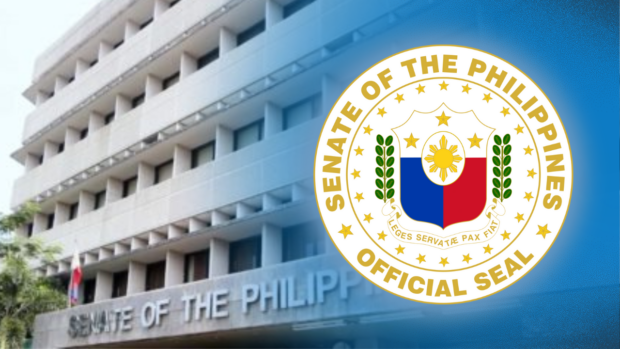Senate adopts resolutions on amnesty to rebels

MANILA, Philippines — The Senate on Monday adopted three resolutions concurring with President Ferdinand “Bongbong” Marcos Jr.’s grant of amnesty to former rebels in the country.
Adopted during Monday’s plenary session were House Concurrent Resolutions No. 19, 21, and 22 concurring with Presidential Proclamations 403, 405, and 406 – the amnesty given to rebels from the Rebolusyonaryong Partido ng Manggagawa ng Pilipinas/Revolutionary Proletarian Army/Alex Boncayao Brigade; Moro Islamic Liberation Front; and Moro National Liberation Front.
“The congressional concurrence to the presidential proclamations signifies the Filipino people’s support to the comprehensive peace efforts and genuine commitment of the government to attaining lasting peace,” said Senator Jinggoy Estrada who heads the upper chamber’s committee on defense.
According to Estrada, the measures will encourage social cohesion and provide an opportunity to end internal armed conflict and rebellion in the country.
He said at least 2,000 former members of MNLF, 1,200 from RPMP-RPA-ABB; and 400 MILF surrenderees are expected to avail of the grant.
Article continues after this advertisement“The amnesty is granted to rebels who have committed crimes in pursuit of their political beliefs. These crimes include, but are not limited to, rebellion or insurrection, sedition, illegal assembly, direct and indirect assault, resistance and disobedience to a person in authority, and illegal possession of firearms, ammunition, or explosives,” Estrada explained.
Article continues after this advertisementBut there are exceptions.
“Amnesty shall not be granted to those who have already been proscribed or charged under the Human Security Act of 2007 and the Anti-Terrorism Act of 2020. Additionally, it shall not cover crimes such as kidnap for ransom, massacre, rape, terrorism, crimes against chastity, crimes committed for personal ends, violation of the Comprehensive Dangerous Drugs Act of 2002, grave violations of the Geneva Convention of 1949, genocide, crimes against humanity, war crimes, torture, enforced disappearances, and other gross violations of human rights,” Estrada pointed out.